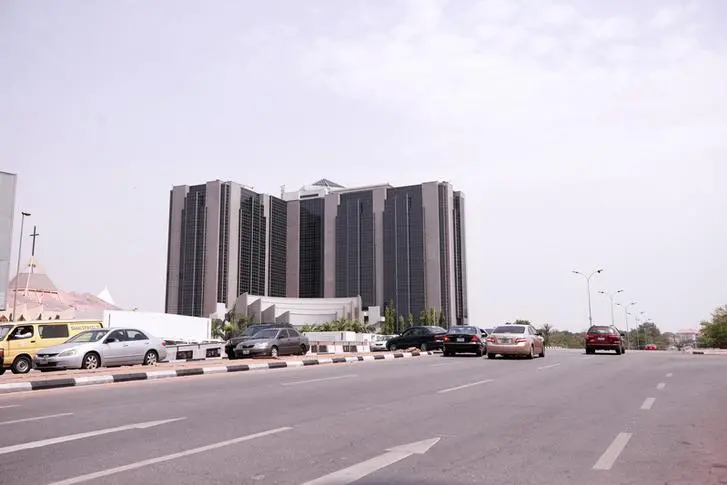PHOTO
THESE are definitely not the best of times for the banking sector or the Nigerian economy and Nigerians in general. Last week, reports emerged that the economy’s struggle for redemption following three months of cash scarcity imposed by the Central Bank of Nigeria’s (CBN) naira redesign policy was being inhibited by the ugly spectre of bank customers shunning deposits. This factor is reportedly fuelling fears of a banking sector collapse. The development, a corollary of the CBN’s poorly implemented policy which effectively turned out to be cash confiscation, has not been attenuated by the massive evacuation of banknotes to commercial banks.
To be sure, the scars of the policy are evident in all facets of Nigeria’s national life. In February, bank workers estimated the losses to the attacks on their facilities in different parts of the country at N5 billion. According to the president, Association of Senior Staff of Banks, Insurance and Financial Institutions (ASSBIFI), Oluwole Olusoji, who gave the estimates at a news conference in Lagos, apart from the bank buildings burnt and the Automated Teller Machines (ATMs) destroyed by enraged customers, bank workers also suffered personal losses. Truth be told, the cash crisis has left sad tales among industry practitioners, ordinary citizens and corporate and professional bodies. Worse still, there is loss of public confidence in the banking industry despite its critical place and crucial role in the economy. Trust between the banking system and customers has been all but lost, and this is underscored by the spectacle of cash withdrawals without deposits.
In spite of the best efforts of the CBN, Nigerians are still smarting from the ugly scars and the continuing negative effects of the badly managed naira redesigning exercise and the concomitant cashless policy. They are now so wary of the whole banking set up that they are returning to the old habit of keeping their cash and savings at home, not minding the risks often associated with such a practice. But who can blame them for preferring the risk of robbery and other criminal acts against them by keeping cash at home and at least having access to their own money to the trauma they have been subjected to in the last six months, and still counting, being unable to withdraw from their own deposits in banks to meet daily needs?
It was such a harrowing experience resulting in deaths and unsavoury agonies for most Nigerians. As Nigerians embrace the old methods of keeping money, there is an upsurge in the operations of daily thrift collectors with attendant risks. Besides, there is a rise in the activities of unscrupulous and dubious online organisations licensed by the CBN, making it clear that public trust in the banking industry has been all but eroded. Yet, given that no modern economy can be effectively run without a viable banking system, it is the responsibility of the government and banking officials to work urgently at infusing and restoring public confidence in the system. If anything, there has to be immediate pragmatic efforts and actions to redress the unsavoury and ugly trend in the interest of the economy and the integrity of the banks. An agenda of aggressive, sustained and focused public awareness, enlightenment and engagement is necessary now. Nigerians must realise that it is not safe to keep cash at home.
Nigerians have to be helped to realise the acute danger in keeping huge cash at home. They must be conscientised on the ultimate shortcomings of such a step. Moreover, the government has to accept responsibility for the current loss of trust and therefore do everything possible to engender renewed trust in the banking system. And the earlier this positive revamping of the banking system starts, the better for the country. Arresting the decline in the required trust and confidence of Nigerians in the banking system must be a top priority of the government.
Tags: bankCashless policy Copyright © 2022 Nigerian Tribune Provided by SyndiGate Media Inc. (Syndigate.info).




















